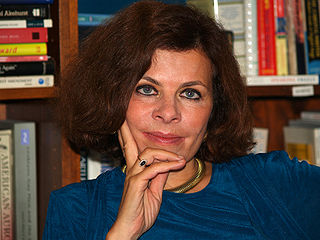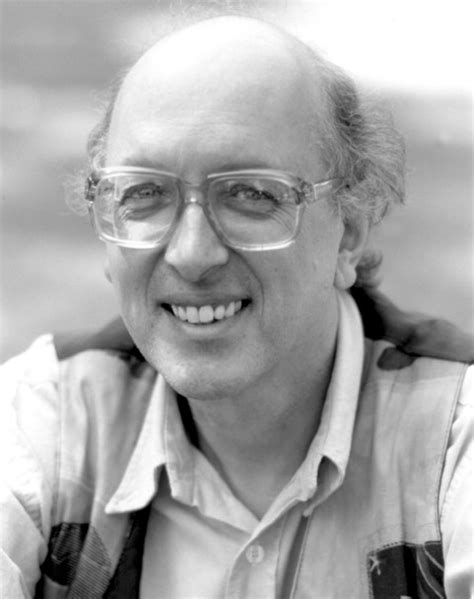A Quote by Richard Stallman
Creativity can be a social contribution, but only in so far as society is free to use the results.
Quote Topics
Related Quotes
For one to be free there must be at least two. Freedom signifies a social relation, an asymmetry of social conditions: essentially it implies social difference--it presumes and implies the presence of social division. Some can be free only in so far as there is a form of dependence they can aspire to escape.
Briefly, the State is that organization in society which attempts to maintain a monopoly of the use of force and violence in a given territorial area; in particular, it is the only organization in society that obtains its revenue not by voluntary contribution or payment for services rendered but by coercion.
Capitalism as a social order and as a creed is the expression of the belief in economic progress as leading toward the freedom and equality of the individual in a free and open society. Marxism expects this society to result from the abolition of private profit. Capitalism expects the free and equal society to result from the enthronement of private profit as supreme ruler of social behavior.
A conditioned mind may be inventive; it may think up new ideas, new phrases, new gadgets; it may build a dam, plan a new society, and all the rest of it; but that is not creativity. Creativity is something much more than the mere capacity to acquire a technique. It is because this extraordinary thing called creativity is not in most of us that we are so shallow, empty, insufficient. And only the mind that is free can be creative.
Creativity or talent, like electricity, is something I don’t understand but something I’m able to harness and use. While electricity remains a mystery, I know I can plug into it and light up a cathedral or a synagogue or an operating room and use it to help save a life. Or I can use it to electrocute someone. Like electricity, creativity makes no judgment. I can use it productively or destructively. The important thing is to use it. You can’t use up creativity. The more you use it, the more you have.
It has been my pleasure to speak at many Federalist Society gatherings around the country, and I think one thing your organization has definitely done is to contribute to free speech, free debate, and most importantly public understanding of, awareness of, and appreciation of the Constitution. So that's a marvelous contribution, and in a way I must say I'm jealous at how the Federalist Society has thrived at law schools.
There is a narrow class of uses of language where you intend to communicate. Communication refers to an effort to get people to understand what one means. And that, certainly, is one use of language and a social use of it. But I don't think it is the only social use of language. Nor are social uses the only uses of language.
Creativity permeates the cosmos. It is the driving force that sustains the particles, the stars and galaxiesit surges through the body with each beat of the heart. We all have access to creativity. At times, we summon it to use in our work and daily livesit can arrive in a dreamor it may result from a long struggleit can appear as a sudden, dramatic insightOne thing is certain — Creativity is ever present. It is a force to be enjoyed or endured but above all celebrated. Creativity is free, alive and spontaneous.
All men are equal and free: society by nature, and destination, is therefore autonomous and ungovernable. If the sphere of activity of each citizen is determined by the natural division of work and by the choice he makes of a profession, if the social functions are combined in such a way as to produce a harmonious effect, order results from the free activity of all men; there is no government. Whoever puts a hand on me to govern me is an usurper and a tyrant; I declare him my enemy.
Until society can be reclaimed by an undivided humanity that will use its collective wisdom, cultural achievements, technological innovations, scientific knowledge, and innate creativity for its own benefit and for that of the natural world, all ecological problems will have their roots in social problems.
Human envy is certainly not one of the sources of discontent that a free society can eliminate. It is probably one of the essential conditions for the preservation of such a society that we do not countenance envy, not sanction its demands by camouflaging it as social justice, but treat it, in the words of John Stuart Mill, as 'the most anti-social and evil of all passions.'




































